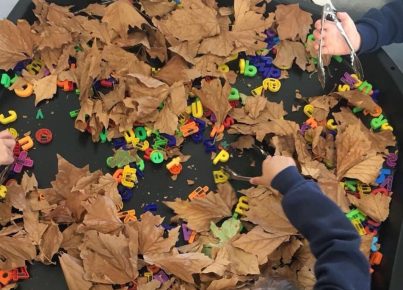Are you looking for ways to teach students to follow a routine? If so, keep reading.
1. Get the learner to keep written reminders of task sequences.
2. Get the learner to create a routine (schedule) for themselves. Support the learner in developing a weekly schedule and weekend schedule.
3. Get the learner to imagine the steps required to finish a routine (schedule) before starting it.
4. Create rules for working: • Complete on the task at hand. • Complete assignments quietly. • Remain in your seat. • Finish the task. • Meet task expectations. Examine rules often. Praise students for following the rules.
5. Restrict interruptions in the learner’s routine (schedule) by persons or activities in the school (e.g., cancellation of classes or learning activities such as art, music, physical education; testing; special services; delays; etc.).
6. Give the learner a limited routine (schedule) to follow. As the learner shows success, slowly increase the learning activities in the routine (schedule).
7. Give the learner an alternative routine (schedule) to follow if they encounter difficulty following their regular routine (schedule).
8. Give the learner a schedule of daily activities so that they will know that a learning experience comes next and can prepare for it.
9. Select various people (e.g., parent, school counselor, peer, etc.) to help the learner follow a daily routine (schedule).
10. Select a peer to escort the learner to other places in the school building that are part of the learner’s routine (schedule).
11. Let the learner contribute to the development of their routine (schedule) to enable their capacity and ability to follow the routine (schedule) (e.g., have the learner determine the order of learning activities ).
12. Select a peer to remind the learner when to change learning activities according to their routine (schedule).
13. Be firm, fair, and consistent, expecting the learner to follow a routine (schedule). Do not let the learner not follow a routine (schedule) one time and expect them to follow a routine (schedule) the next time.
14. Be available for assistance when the learner is dealing with changes in their routine (schedule) (e.g., switching semester classes, attending school assembly, etc.).
15. Restrict the learner’s duties to increase their capacity and ability to focus on a routine (schedule) (e.g., extracurricular learning activities, part-time job, etc.).
16. Consider using a classroom management app. Click here to view a list of apps that we recommend.
17. Consider using an adaptive behavior management app. Click here to view a list of apps that we recommend.
18. Consider using Alexa to help the student learn to behave appropriately. Click here to read an article that we wrote on the subject.
19. Click here to learn about six bonus strategies for challenging problem behaviors and mastering classroom management.




